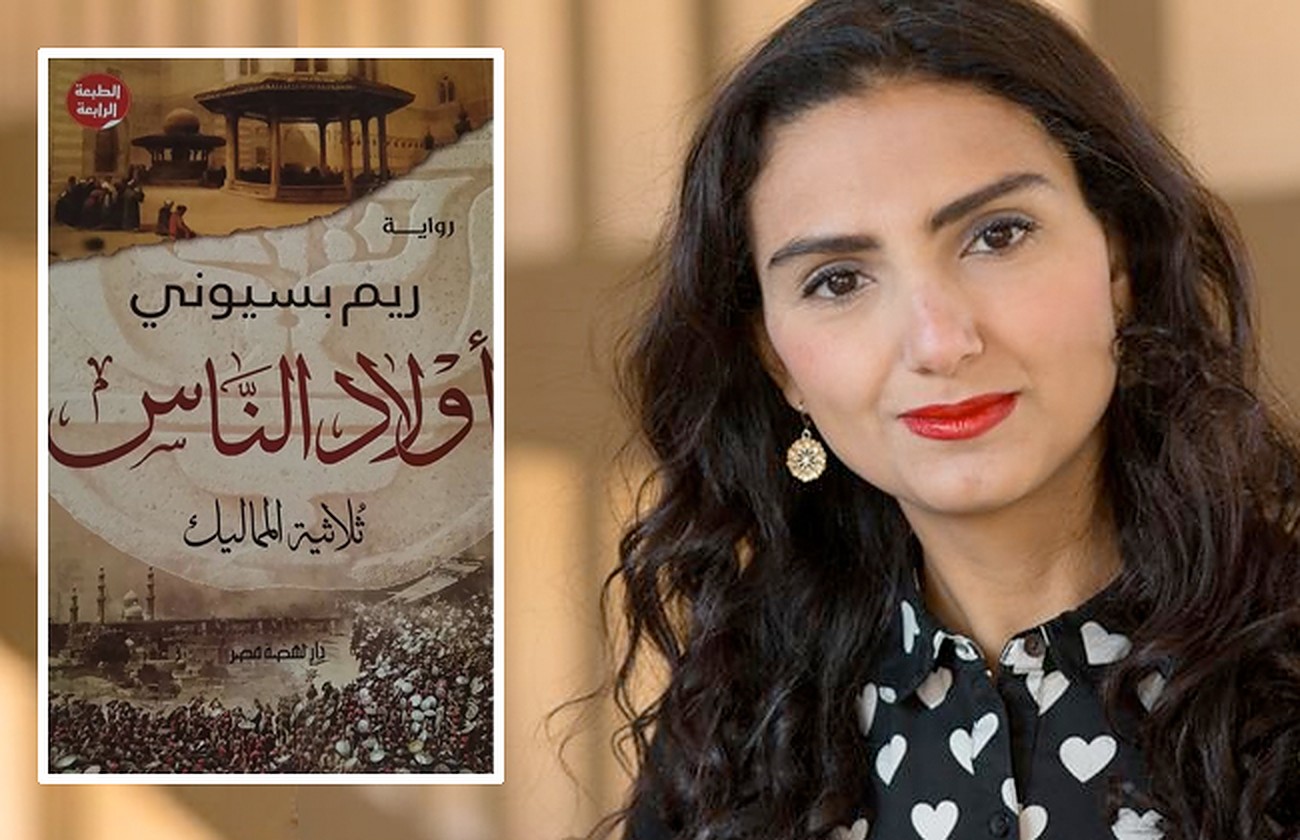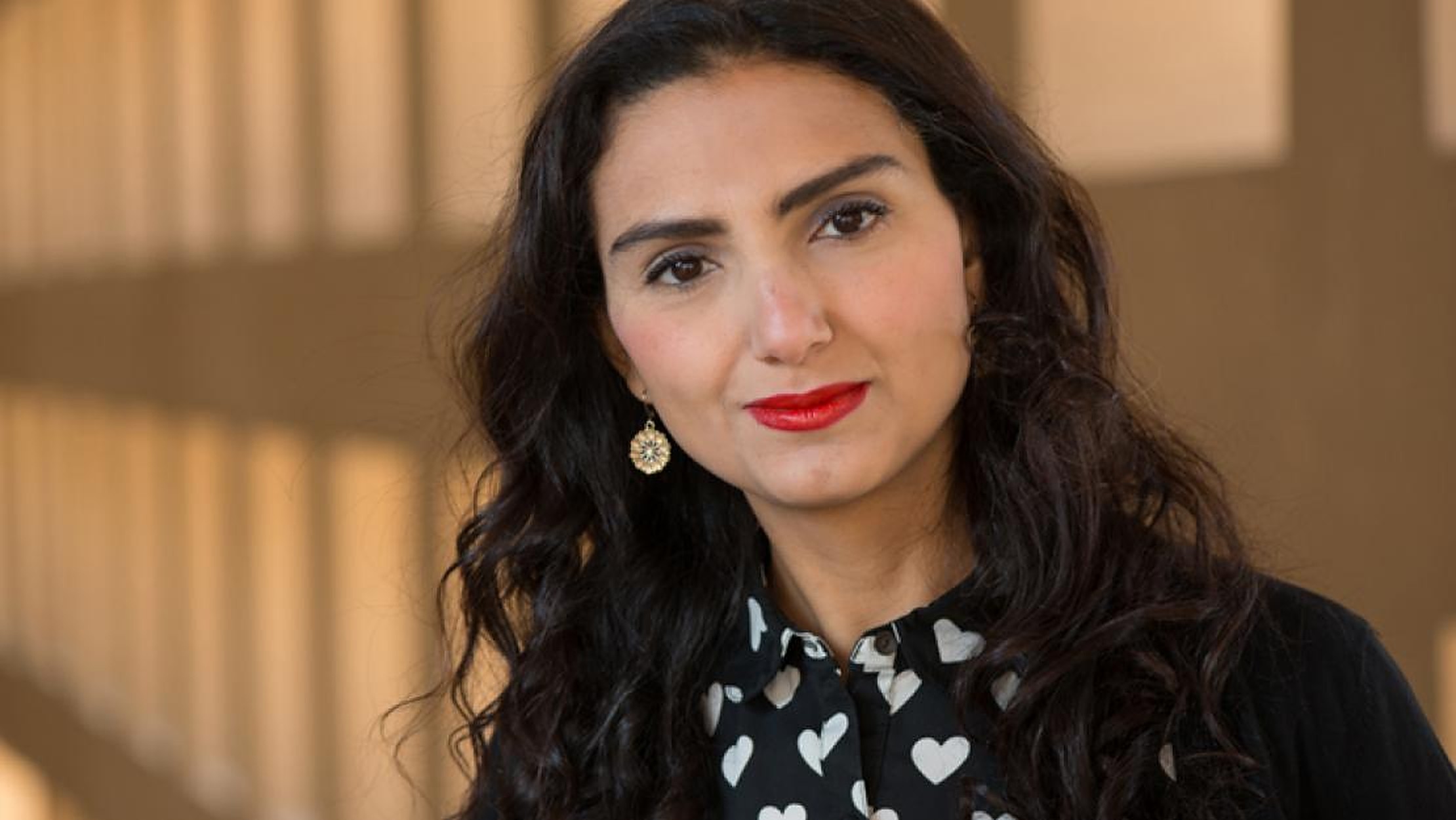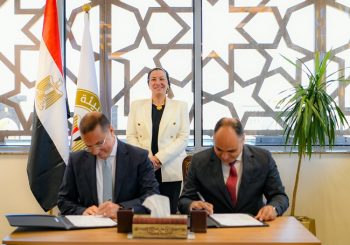
Renowned Egyptian writer Dr. Reem Bassiouney was awarded the 2019/2020 Naguib Mahfouz Award for the best Egyptian novel of the year for her bestselling novel ‘Sons Of the People: The Mamluk Trilogy.’
Egypt’s Supreme Council of Culture, under the patronage of the Ministry of Culture, announced the names of the winners of the Naguib Mahfouz award for the best Egyptian novel and best Arabic novel last Thursday, which also saw Mauritanian writer Mohamed Fadel Ibrahim win the latter for his novel ‘The Book of Apostasy.’
Bassiouney is the first woman writer to receive the award, which stopped for nearly 20 years before its revival in 2017.
There is also another prize in Egypt bearing the name of the famous novelist [Naguib Mahfouz] and is presented by the American University of Cairo publishing house.
Her bestseller novel ‘Sons Of the People: The Mamluk Trilogy’ aims to approach history with a deeper outlook on the human experiences of the Mamluks in Egypt, who originally came as owned slaves and then later ruled Egypt for around 267 years.
Out of curiosity to learn more about the Sultan Hassan mosque in Egypt, Bassiouney spent three years researching on the history of the Mamluk period in Egypt, which sparked inspiration for her novel.
“I wanted to specifically look more at the human side of the Mamluks and understand them as human beings, as in most history books and novels, you will see that the Mamluks are usually portrayed as the oppressors, but their own human experience of being slaves and then becoming rulers later on is never touched upon,” Bassiouney told Egyptian Streets in an exclusive interview.
The first part of the trilogy looks at how the mosque was built, followed by the second part which focuses on the first dynasty of the Mamluks and how these events affected the iconic mosque. The third part then looks at the end of the Mamluk period and the invasion of the Ottomans, and how the mosque was a witness to the looting that happened.
Bassiouney’s novel introduces new understandings of identity, providing a more flexible definition that looks more at the human and subjective experiences of ‘outsiders’ such as the Mamluks – who in fact saw themselves as Egyptians.”This is for me the most interesting part of the novel because no one before wanted to discuss how the Mamluks actually viewed themselves,” Bassiouney says.
“I want readers to understand history, and to think in a different way about historical and social issues, and how they judge and perceive others. I also want them to think deeply about the human experience, and to think from all different perspectives, and this is mainly what I want for all my novels,” she concludes.
Reem Bassiouney is a professor of sociolinguistics at The American University in Cairo, and has written several novels that were translated into different languages, such as Professor Hanaa, which won the 2009 Sawiris Foundation Literary Prize for Young Writers, and Mortal Designs.







Comment (1)
[…] Released in 2018, the novel “aims to approach history with a deeper outlook on the human experience of the Mamluks in Egypt, who ….” […]